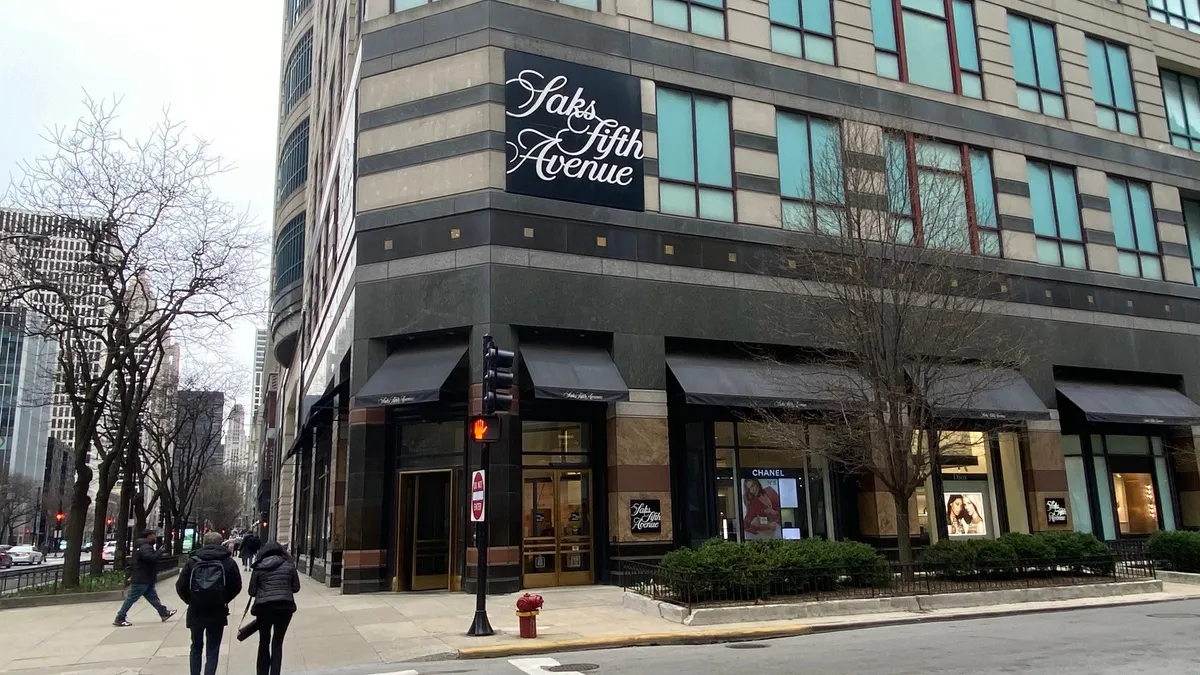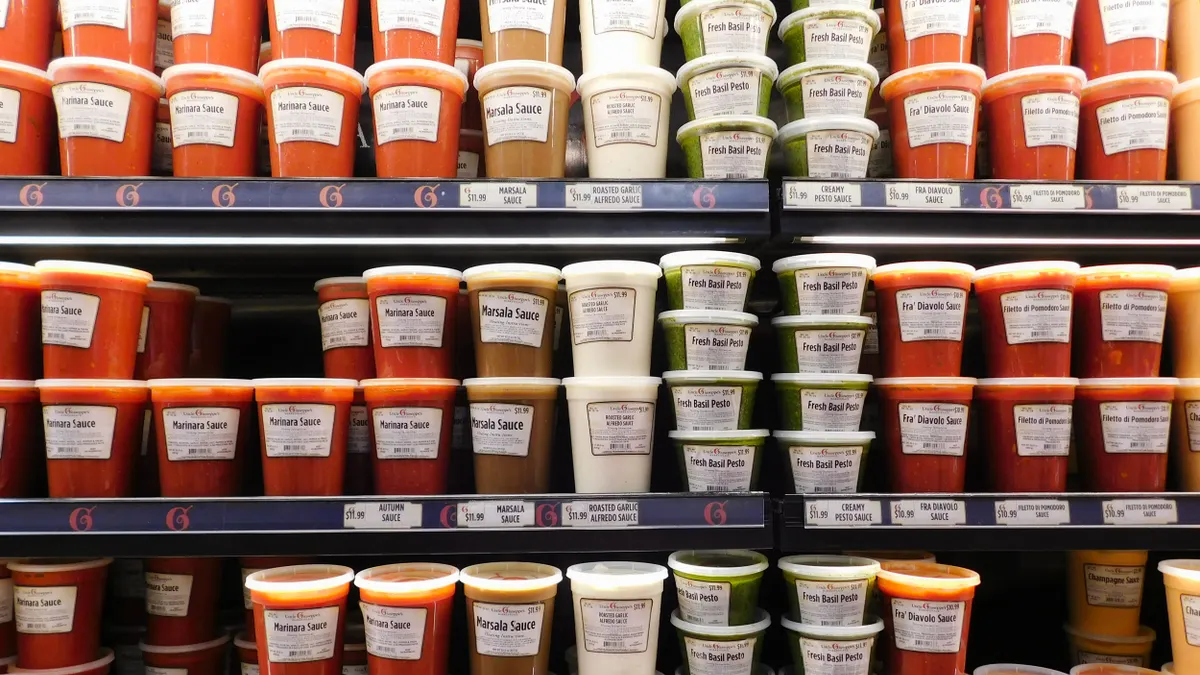In a decision that could disrupt the highly disruptive demand economy, the California Labor Commission earlier this month ruled that Uber a driver who filed a complaint over unpaid expenses is an employee and not an independent contractor.
The June 3 decision, which was revealed after Uber filed an appeal Tuesday, concurred with the driver who had argued that the company owed her more than $4,000 in expenses related to her job. The commission cited several instances of control that Uber maintains over its drivers — giving them phones and deactivating the app if they don’t operate for 180 days for example — as evidence that the drivers are treated as employees.
“Defendants hold themselves out as nothing more than a neutral technological platform, designed simply to enable drivers and passengers to transact the business of transportation,” the ruling reads in part. “The reality, however, is that defendants are involved in every aspect of the operation.”
The decision, (which is under appeal), would likely affect a host of other companies, including delivery services like Instacart, Deliv, and others. And that includes Amazon, which has driven much of the movement, including a rumor reported this week by the Wall Street Journal that the e-retail giant would be tapping "ordinary people" to crowdsource some same-day deliveries.
So what will this emerging scrutiny mean for the burgeoning same-day delivery business that retailers of all sizes have increasingly embraced? Uber emphasized the limited scope of the ruling in an email to Retail Dive, saying, " The California Labor Commission’s ruling is non-binding and applies to a single driver. Indeed it is contrary to a previous ruling by the same commission, which concluded in 2012 that the driver ‘performed services as an independent contractor, and not as a bona fide employee.’ Five other states have also come to the same conclusion. It’s important to remember that the number one reason drivers choose to use Uber is because they have complete flexibility and control. The majority of them can and do choose to earn their living from multiple sources, including other ride sharing companies.”
Still, the ruling caught many people's attention because of its implications, the very real possibility that it is a precedent, and the fact that it could encourage similar complaints from other drivers. And that all could mean changes in same-day delivery just when retailers and consumers were really getting used to the idea.
The trade-off
This ruling doesn’t come out of the blue. Ride-calling app Lyft, an Uber competitor, is facing similar lawsuits. And before them, FedEx, which disrupted delivery 43 years ago, has also recently had to re-classify some drivers as employees after losing in court late last year.
"It's nothing new," Shannon Liss-Riordan, a labor attorney representing some of the plaintiffs in these cases, told The Verge in January. "This is just the latest lingo."
Because the ruling is hardly without precedent, it won’t come as a surprise to many labor experts. The question is whether it will come as a surprise to some of the people running the businesses depending on the demand economy, which squeezes efficiencies in many areas by leveraging space — in a car, in a home, in someone’s day — that, theoretically, is going unused.
Daphne Carmeli, CEO of same-day delivery company Deliv, which has focused on contracts with mall-based retailers including Macy’s, told Retail Dive that there’s nothing new about having to comply with regulations regarding contractor vs. employee status.
“What Deliv has done is simply leveraged the latest technology available on GPS-enabled phones, integrated into the nation's leading e-commerce and distributed order management systems, as well partnered with the nation's leading retailers to build our ecosystem to provide a consistent, effective same day delivery network,” Carmeli says.
“We've modeled our business both with employee and contractor models," Carmeli continues. "Financially speaking, either option works for us. The model is really about the tradeoffs of flexibility, and we chose the crowd model to best support requirements of our customers and our driver partners.”
An employee-based model would be more costly to Deliv in many ways, she says, but would also bring with it a host of benefits that would save money.
“We'd have significant savings from lower attrition rates, better predictability, and higher daily and hourly utilization of drivers,” she says. “It's a push from a financial point of view. From a contractor point of view, they would lose the flexibility they have to pick and choose blocks of time and would need to commit to regular scheduled employee hours.”
'Not going away'
And therein lies the rub. Whenever a company tries to accrue both the benefits of having employees and the benefits of having contractors, while only incurring the costs of one of those, labor regulators will likely take notice.
In effect, the demand economy will turn out to be a fairly insecure one if companies and consumers benefit to the disadvantage of the workers providing the services.
Rob Howard, CEO of Grand Junction, a business-to-business delivery platform that connects retailers throughout the U.S. and Canada with local, established delivery services to offer same-day deliveries of retail purchases, says that states—and other countries—have not just the moral imperative to protect workers but also a financial incentive to police companies’ employee/contractor worker status.
“Uber’s legal troubles with reclassification of their independent contractors as employees will not be going away anytime soon,” Howard told Retail Dive. “Uber uses the independent contractor model to avoid paying for workers comp insurance, employer payroll taxes, and health care expenses, which can add up to 25% to their cost structure. States have a blizzard of employee classification laws and are very motivated to reclassify independent contractors so they can fill their coffers with much needed revenue.”
Those legal troubles will inevitably mean that retailers will take a fresh look at how delivery services are being run, Howard says.
“Retailers are under extreme pressure to respond to Amazon’s new same-day delivery initiatives, with Uber being a potential solution,” he says. “However, retailers are sensitive to legal issues and will be reluctant to sign on until the legal troubles are cleaned up. Much like Amazon has, I’d expect for retailers to turn to existing local delivery companies as more viable providers.”
Costs may 'skyrocket'
Indeed, anyone getting in the game of same-day delivery, whether a retailer, a delivery service, or a courier service, will need to take stock of labor regulations in each state. While they vary, there’s a lot of consistency.
Adhering to what the government has determined to be fair labor practice could mean that the cost of same-day delivery will skyrocket, says David Bozin, an e-commerce/on-demand economy specialist, and VP of growth development at Bindo, an retail platform startup. Retailers using Bindo's platform can offer customers the ability to order up an item on a whim and have it swiftly delivered.
Bozin told Retail Dive that his company got a reality check when they encountered the regulations and insurance costs associated with courier delivery in New York, the homebase for the startup, but that they've risen to the challenge.
Bozin believes that retailers, delivery services, and others operating in the demand economy must similarly be creative about finding ways to offer same-day delivery without over-burdening the customer, or the worker, with the cost.
“This ruling basically means that [the price of] same-day delivery is going to go through the roof,” Bozin told Retail Dive. “Yet on-demand has become a normal thing — consumers are used to it. There will need to be a mix between getting more creative and updating the business model. Everyone will have to get smarter about deliveries.”























